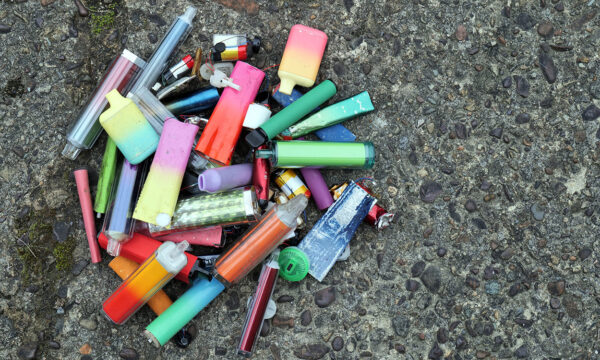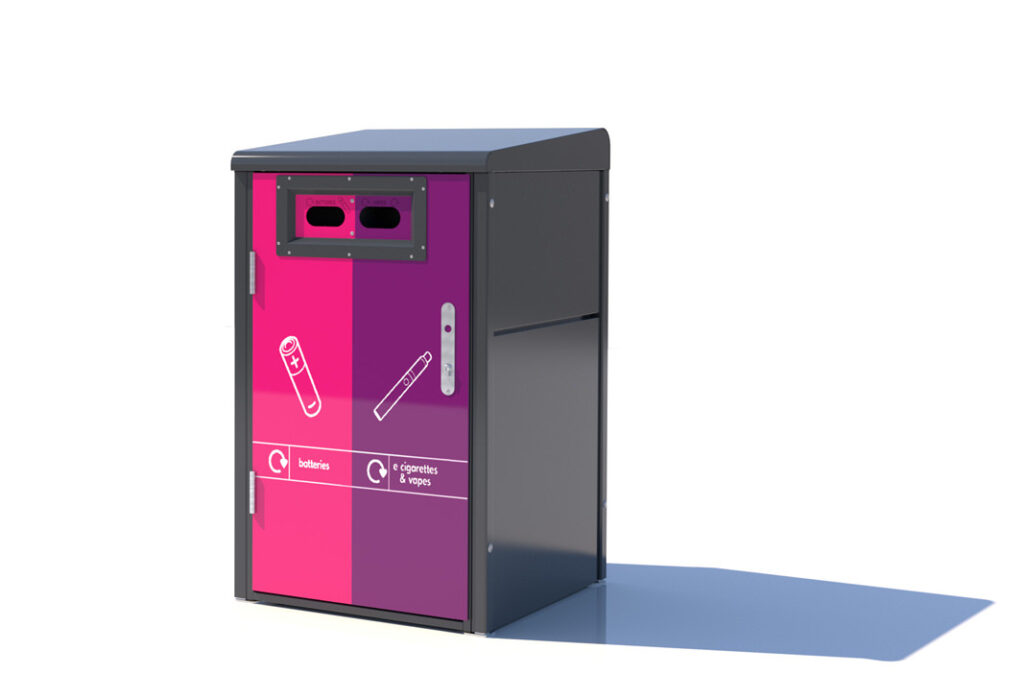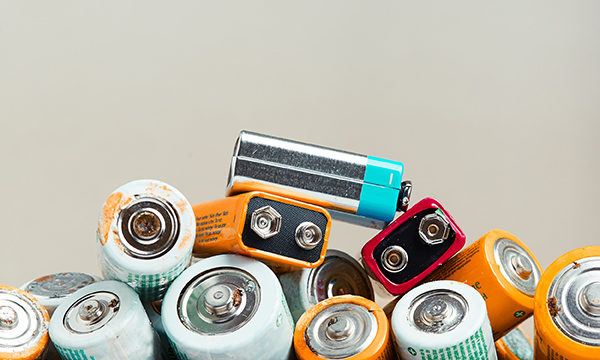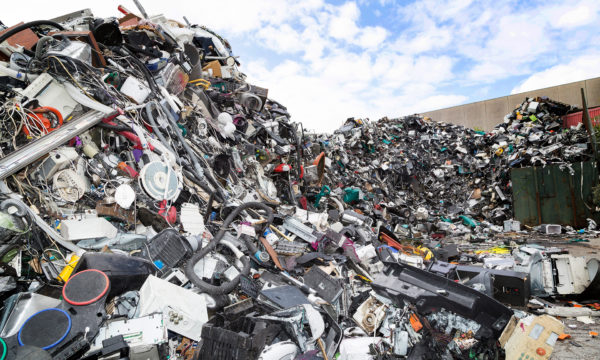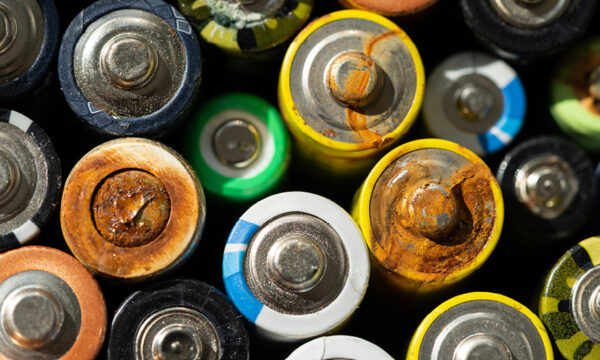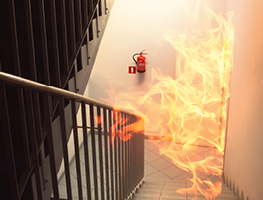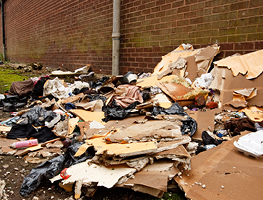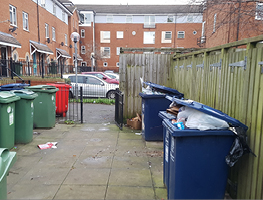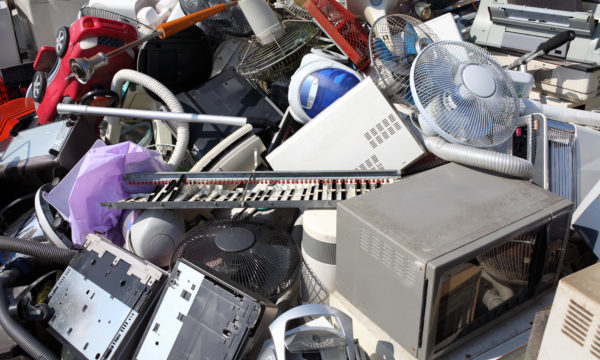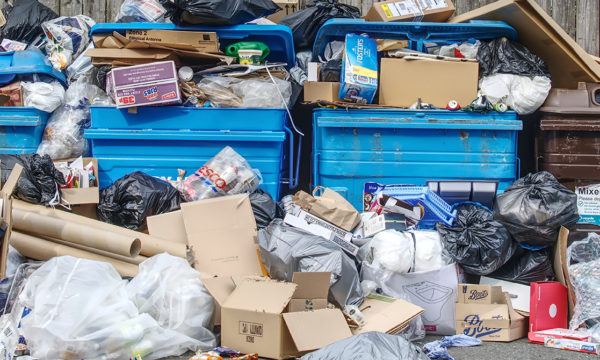The issue
When used properly, batteries allow us round the clock access to all the mod-cons we use in this modern age — but they can present a serious fire risk when over-charged, short-circuited, submerged in water or damaged; all of which can occur when they are not disposed of safely.
With this in mind, rolling out a universal kerbside collection for batteries and small electricals, could save the UK £6 billion over the next decade, according to new research by Eunomia for the Environmental Services Association (ESA).
The study warns of the growing fire risk from incorrectly discarded batteries and electrical devices.
Currently, around a quarter (100 of 391) of local authorities offer kerbside collection for small mixed waste electric and electronic equipment, which includes devices like old mobile phones, electric toothbrushes, vapes, power tools and toys. These voluntary services only cover around 23% of UK households meaning that many items are ending up in general waste, leading to an estimated 1,200 serious battery fires in 2023 alone – a 70% increase on the previous year.
The resulting damage to infrastructure, lost materials and public service disruption is now costing the UK over £1 billion annually.
The recommendation
The report recommends that councils install or retrofit existing recycling containers with dedicated battery and small electrical cages. This would cost just 70p per household and could dramatically reduce waste fires to under 100 per year.
ESA Chair and Biffa CEO, Michael Topham, called for urgent government action, stressing that the economic, environmental and safety case for reform is clear. Producer funding through Extended Producer Responsibility reforms, consulted on in 2024, is seen as key to delivering the proposed service.
Product solution
The need for safe, accessible infrastructure is clear. While retrofitting existing recycling containers with battery and small electrical cages is a practical step, new solutions will also be vital in high-density and public settings. The new metroSTOR Battery & Vape Unit, designed for secure outdoor capture of hazardous waste streams like vapes and lithium batteries, provides a ready-made option for housing estates, flats and public realm locations. Making use of dedicated units like these, alongside retrofits, could help accelerate fire risk reduction and build public awareness of safe disposal. Local authority leaders, NAWDO, LARAC and recycling industry bodies are backing the recommendations, urging ministers to bring forward new WEEE regulations; making kerbside battery collections a nationwide standard.
